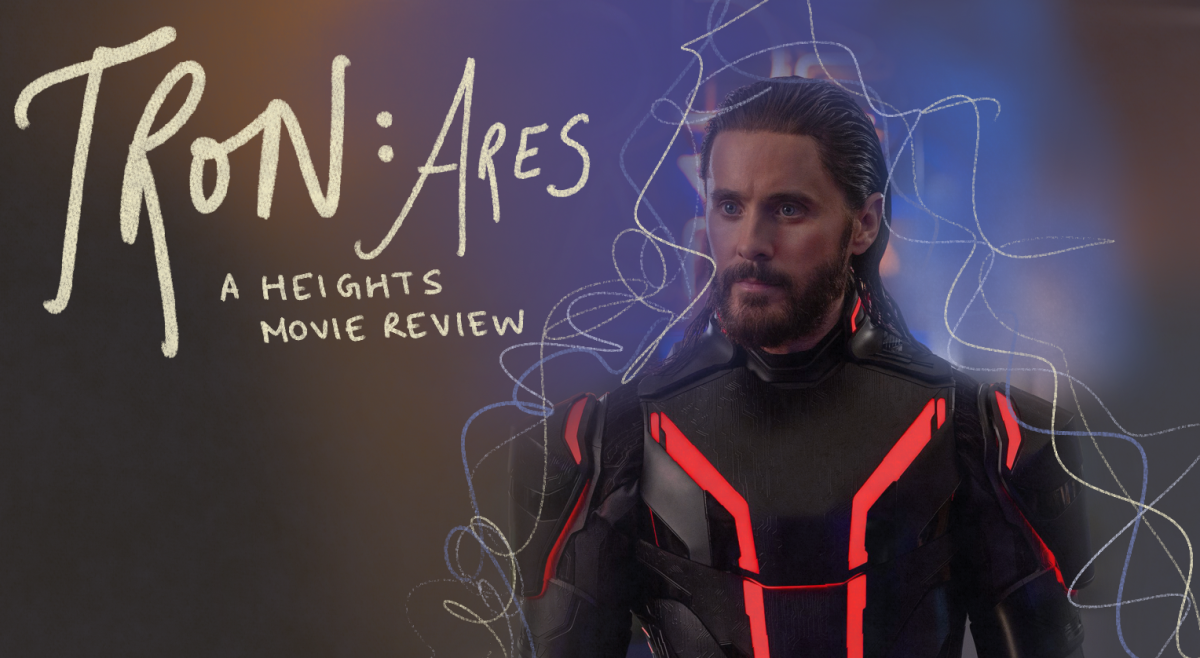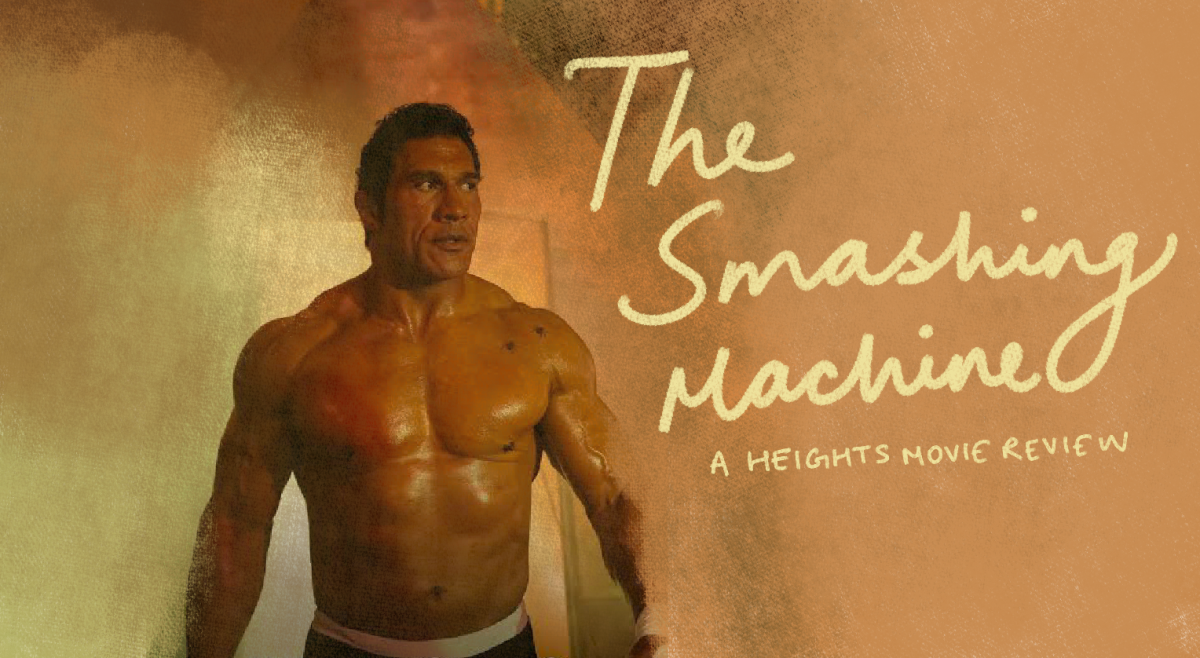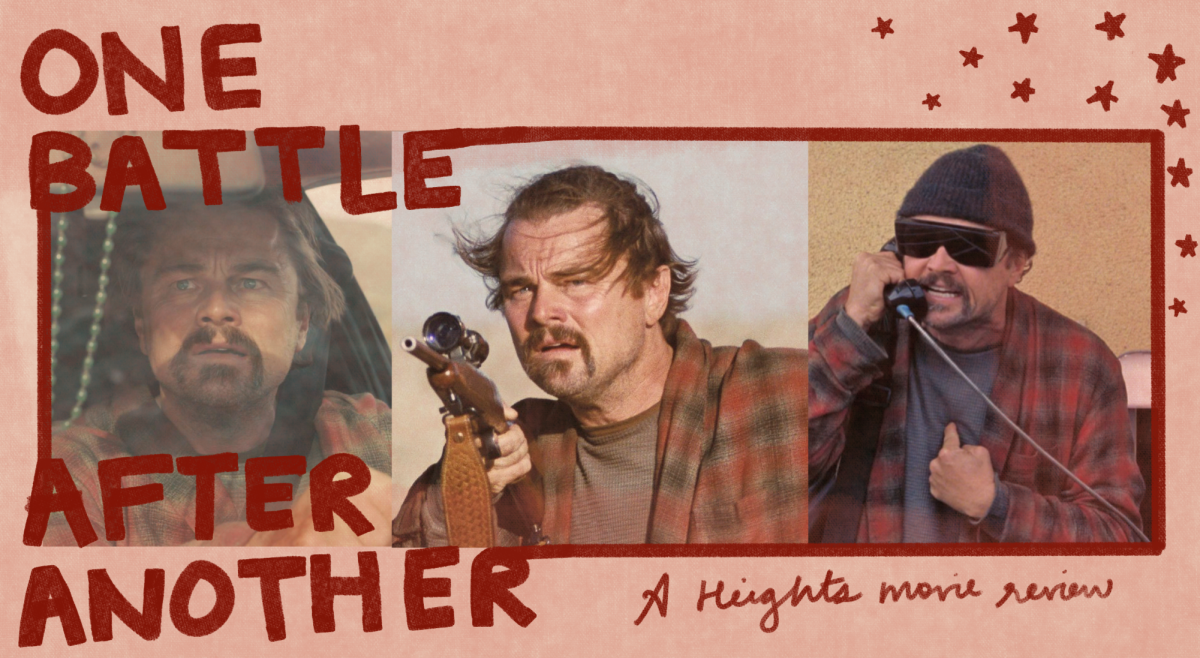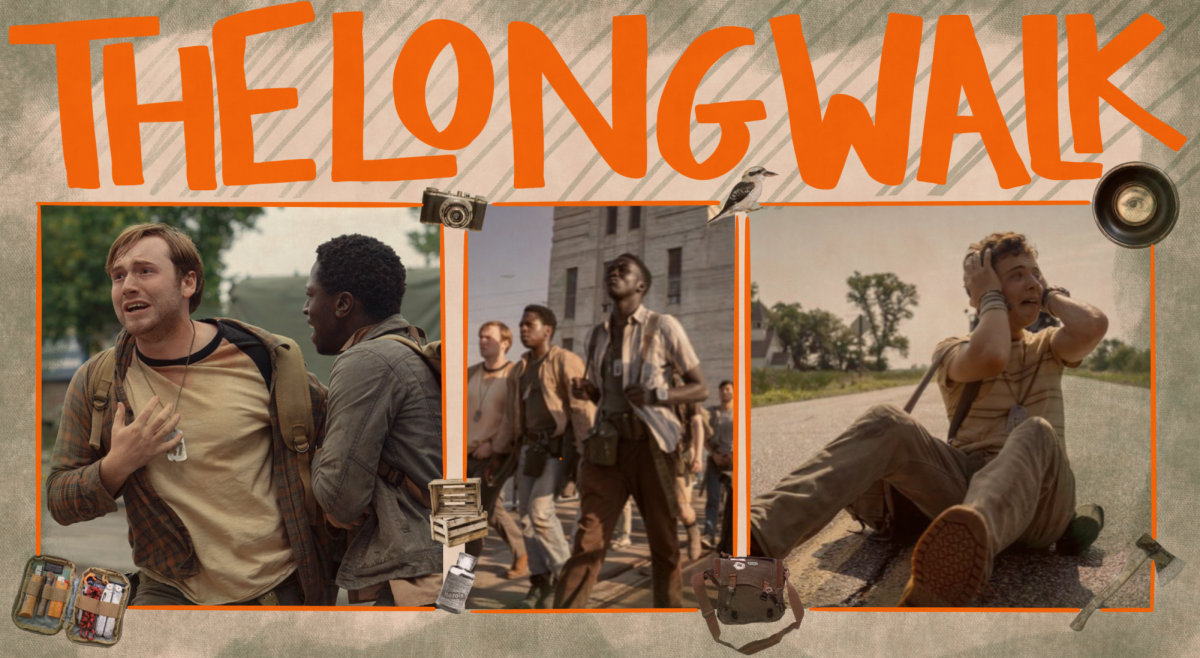★★★☆☆
Unfortunately for all the Tron fans out there, Tron: Ares seems set to be the universe’s final installment. By placing too much emphasis on the underwhelming and poorly written characters and putting little emphasis on what makes Tron flashy and unique, Tron: Ares is a huge disappointment.
Tron: Ares is the third film in the Tron series, with the first coming out in 1982 and the second in 2010. There was much debate as to whether this movie would even come out, given that Tron Legacy didn’t perform very well at the box office. In the end, Tron: Ares followed in its predecessor’s footsteps.
While Tron: Legacy was not received well at first due to criticisms about the plot and characters, its timeless visuals made it serviceable.
The premise of the Tron movies is the parallel between two worlds. There is the normal world as we know it, but also a digital world called the Grid. Tron: Legacy follows the main character into the Grid in an attempt to find his father, while Ares focuses on the people from the Grid, called programs, coming to the real world. This is a cool concept, but it doesn’t allow for eye-catching visuals.
The modern Grid in Tron: Ares has great, intense visuals and a very engaging chase scene, but it is simply held back by its limited screentime.
Because the film was not focused on plot or characters, it should at least have focused on the whole reason for going to see a Tron movie: cool light bikes and the neon world that is the Grid. While there are a few sequences with the light bikes, they take place in the much less entertaining real world.
The few scenes depicting the Grid are easily the best scenes of the movie. The audience should have been able to enjoy those visuals for the whole two hours, but the movie instead spends most of its time in the real-world setting.
Ares focuses on a competition between two major companies attempting to bring programs to the real world. One of these companies wants to tap into the Grid to create weapons, while the other seeks to generate food, medicine, and shelter. Guess which company is the bad guy.
The character criticisms of Tron: Legacy seep into Tron: Ares as well. Each company is littered with two-dimensional characters supported by extremely stale dialogue and mediocre acting.
This movie may be a sequel to Tron: Legacy, but it completely scraps every single character— except for Kevin Flynn (Jeff Bridges)—and essentially attempts to build a whole new world. Even then, Flynn has no real impact on the plot and is simply there for fan service for the few short minutes he does appear. There are allusions to characters from past films, but they are never shown.
While it also may have been fan service, a retro-style scene appears in the movie as a direct callback to the Grid from the 1982 film. It was low-hanging fruit, but it is still one of the movie’s silver linings.
The best thing about Tron: Ares was the score. While obviously nobody can do it like Daft Punk, who did the score for Tron: Legacy, Nine Inch Nails came pretty close. The score elevated each scene and added a layer of engagement, even during more mediocre scenes.
Most of this mediocrity came from the movie’s lead, Jared Leto. Though his character had a very unique concept and a fun arc, Leto’s acting was subpar at best.
Nobody is going to see a Tron movie for a groundbreaking piece of cinema, but Tron: Ares fails to deliver on even the low expectations of intense, neon action sequences and bearable acting.







